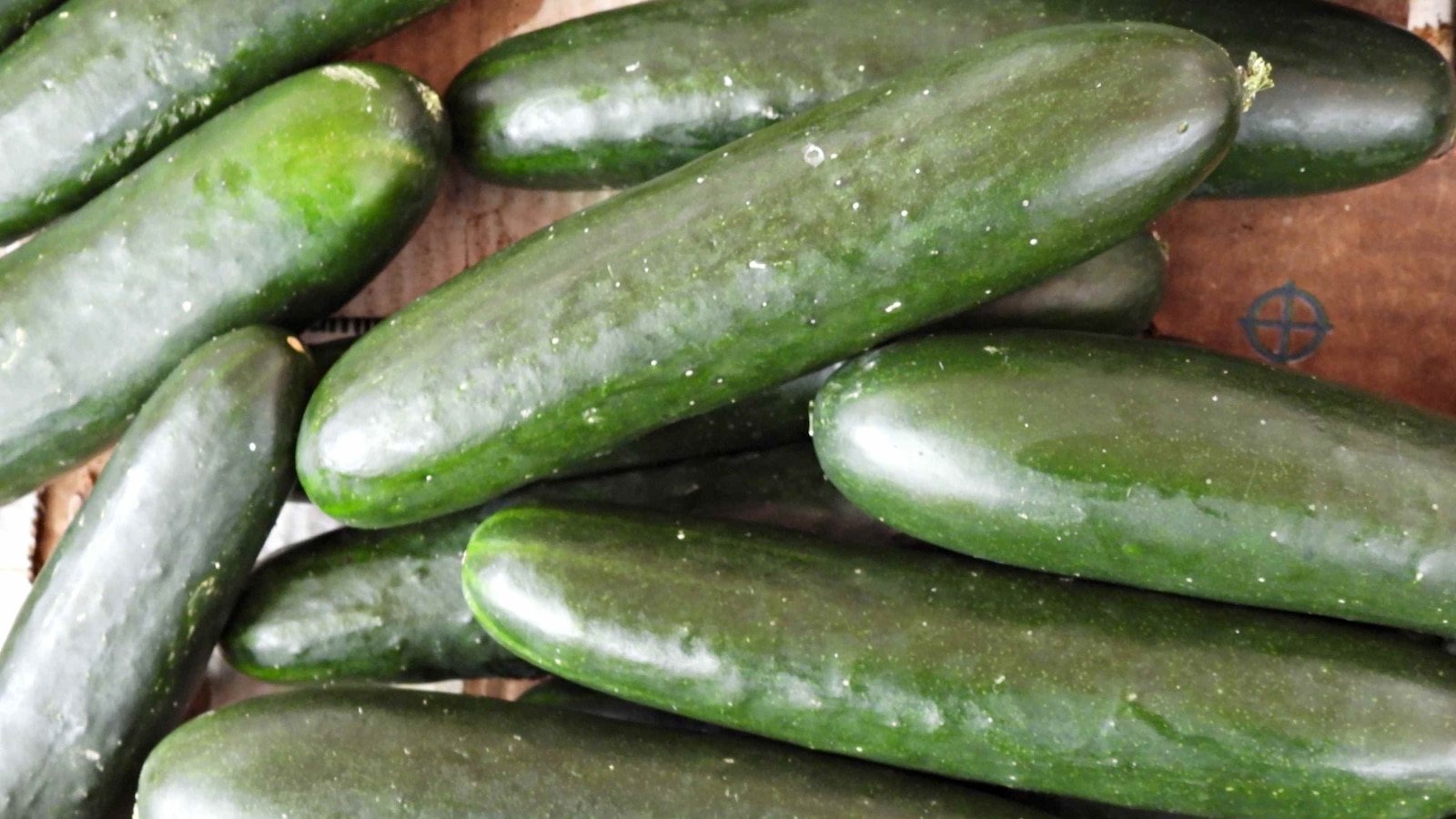Introduction
In recent weeks, there has been a wave of recalls involving cucumbers and other vegetables due to contamination concerns. These recalls have sparked widespread concern among consumers who rely on fresh produce for their daily meals. In this post, we’ll dive into the details of the recalls, what it means for you, and how to ensure the safety of your food.
What’s Happening with the Recalls?
Several batches of cucumbers and other vegetables have been recalled due to contamination with harmful bacteria like Salmonella and Listeria. These bacteria can cause severe foodborne illnesses, especially in vulnerable populations like the elderly, pregnant women, and those with weakened immune systems.
- Cucumbers: The most recent recall involves cucumbers distributed across multiple states. The contamination was detected during routine testing, and the affected products have since been pulled from store shelves.
- Other Vegetables: Alongside cucumbers, certain batches of tomatoes, lettuce, and packaged salad mixes have also been recalled. These vegetables were processed in the same facilities where contamination was discovered.
Why Are These Recalls Concerning?
Food recalls are not uncommon, but they are always concerning because of the potential health risks. Contaminated produce can lead to serious illnesses, including food poisoning, which can cause symptoms like nausea, vomiting, diarrhea, and in severe cases, hospitalization. For those with compromised immune systems, these illnesses can be life-threatening.
How to Protect Yourself and Your Family
Here are some steps you can take to protect yourself:
- Stay Informed: Keep an eye on news outlets, the FDA website, and social media for updates on recalls. Knowing which products are affected can help you avoid them.
- Check Your Fridge: If you have cucumbers, tomatoes, lettuce, or packaged salads in your fridge, check their labels against the recall notices. If your products match the recalled items, do not consume them. Dispose of them immediately.
- Practice Safe Food Handling: Even if your vegetables are not on the recall list, it’s essential to wash them thoroughly before consumption. Use a vegetable brush to scrub cucumbers and other vegetables under running water to remove dirt and potential bacteria.
- Know the Symptoms: Be aware of the symptoms of foodborne illness. If you or a family member experiences symptoms like stomach cramps, diarrhea, fever, or vomiting after consuming vegetables, seek medical attention.
What Are the Authorities Doing?
The FDA and CDC are actively investigating the sources of the contamination. They are working closely with distributors and retailers to ensure that the recalled products are removed from circulation. Additionally, they are monitoring the situation to prevent further contamination and protect public health.
Conclusion
Food safety is paramount, and while recalls can be alarming, they are also a necessary measure to protect consumers. By staying informed and taking proactive steps, you can minimize your risk and continue to enjoy fresh, healthy produce safely. Keep your eyes peeled for updates on this developing situation, and always prioritize safety in your kitchen.
